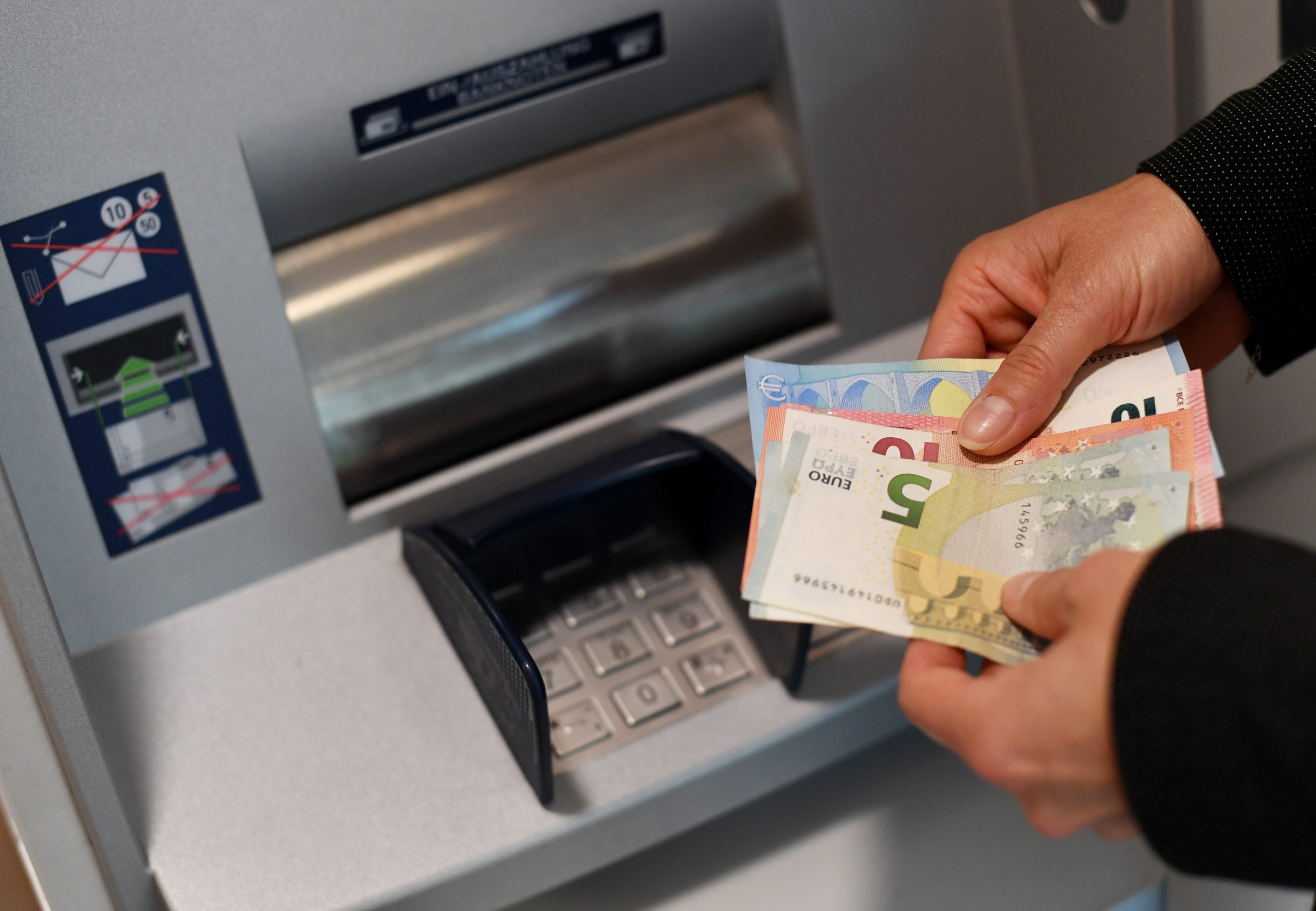While freelancers are not legally required to have a separate business banking account, it can be an asset come tax time. Here is what to consider when banking in Germany if you are self-employed.
Why should freelancers have a business bank account?
A business banking account lets you save time during tax season when you must declare your taxes in Germany and send in your accounting to the finance office. This process is simpler when you separate your personal earnings from the expenses and incomes from your side hustle or freelance business. It also allows you to stay within the terms and conditions of your bank.
You may be violating your bank’s terms and conditions by using your private checking account for business purposes like receiving payments from clients.
READ ALSO: How to get a freelance visa for Germany from outside the EU

What types of German banks are available to freelancers?
Germany has a wide variety of banks, but for the self-employed two kinds of banks should be prioritised.
Traditional banks operate with a headquarters and several branches across the country or world.
Digital banks offer the same services as a traditional bank but operate with only a head office. These banks do not require you to visit a branch when opening an account. Instead, your identity may be verified online or through phone.
READ ALSO: Why it’s almost impossible to find a free bank account in Germany
What should I look for in a business bank account?
Before choosing a bank in Germany you should keep in mind the following before you open one:
- Costs: Double check the costs of opening an account, cash withdrawals and monthly maintenance of an account. Some banks charge fees to obtain a physical debit / credit card. Others offer digital cards at no additional costs.
- Customer service offerings: Before opening a bank account, it is important to check what languages customer service chats and phone lines are offered in. This can help you avoid headaches in the future when questions about your account arise.
- Add-on services: Some business bank accounts offer options or premium add-ons to create invoices and automatically calculate your taxes which can be an asset for freelancers.
Can I open a bank account before entering Germany?
Yes, but it can be a challenge if you are not an EU citizen. To open an account when outside the country, you will need to look for a “direktbank” that lets customers open an account from outside of Germany. You must also have a German visa and address ready to submit the required documents.
What are some of the top options for freelancers?
Kontist
Kontist is a digital bank consistently ranked as one of the best options in Germany for freelancers and small business owners. It is a digital bank exclusively catering to freelancers with a fully digital bank account. It offers four tiers of account options: free, premium, accounting and complete that range from free to €79 per month.
The free account gives users a virtual debit card, digital banking app,10 free transactions per month and the ability to create two invoices per month. It also lets you scan receipts to keep track of business expenses. The free account remains kostenlos so long as you maintain a balance of €300. It is also worth noting that the account does charge a 1.7 percent foreign exchange fee and that cash deposits are not possible at this time.
N26 Business
The Berlin-based digital bank offers four different business accounts with freelancers in mind.
The accounts range from free to €16.90 per month. With the free base account you get three free ATM withdrawals in Germany every month and unlimited free ATM withdrawals when you’re on business trips in the Eurozone.
The account also does not charge foreign transaction fees for payments in other currencies. It is also worth noting that N26 offers users customer support in Germany, English, French, Spanish and Italian. But phone support is not available with the free account.

Commerzbank
Commerzbank offers freelancers looking for a business account hosted by a traditional bank a compelling option. It offers accounts for all major legal forms of businesses, so it is not solely catered for freelancers and the self-employed, but can still take care of these users’ needs.
With a Commerzbank “KlassikGeschäftskonto” (classic business account) the first six months of banking are free, whereas afterwards it will be €12.90 per month. Those who open a business account online can also receive a €100 bonus. Digital sales and payment information are available at additional costs. Cash deposits and withdrawals are also available at Commerzbank ATMs at €2.50 per order.
Fyrst
Fyrst is a joint venture between Deutsche Bank and Postbank. The business bank offers freelancers and the self-employed two account options that range from free to €10 per month. The base account includes 50 transactions and a free card.
While the online banking is only available in German, it does offer users the ability to withdraw and deposit money at up to 7,000 ATMs across the country. The bank also offers users discounted professional accounting and payment solutions with its partners that can be integrated into the Fyrst banking platform.
Qonto
Qonto is a digital-first bank based in France. The company offers freelancers banking options that range from €11 to €45 per month, the prices are cheaper when users pay for a yearly subscription. The base account option includes a debit card, 30 transfers or direct debits per month and the ability to integrate other platforms. For an additional €8 a month, users can access automated bookkeeping tools and provide their accountant temporary access to their account.
You can also access the customer service team through WhatsApp.
Naturally, this is not an exhaustive list of all the many options available to freelancers in Germany. You may also want to consider Wise’s Business account, Finom, and Penta for your banking needs.




 Please whitelist us to continue reading.
Please whitelist us to continue reading.
Member comments